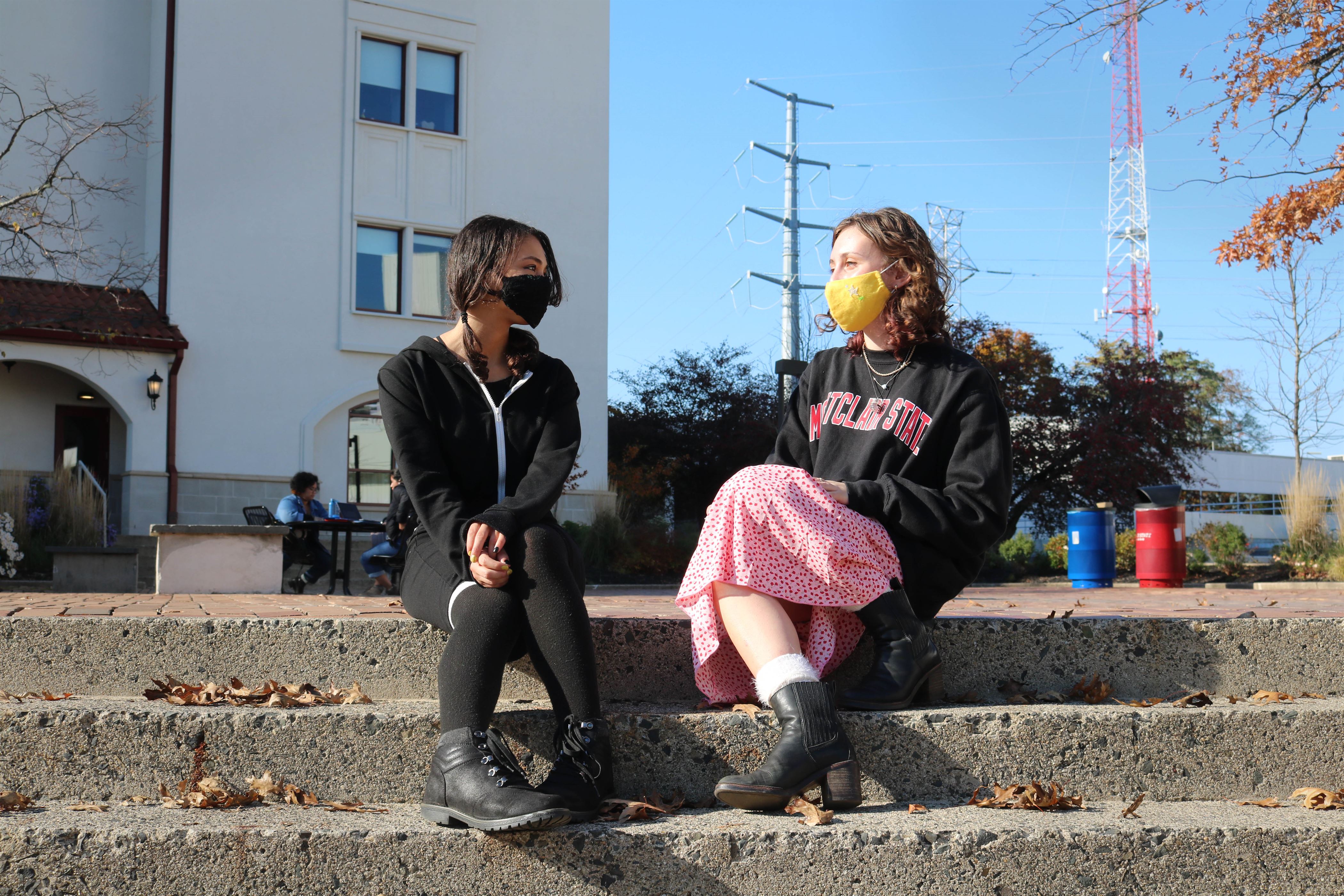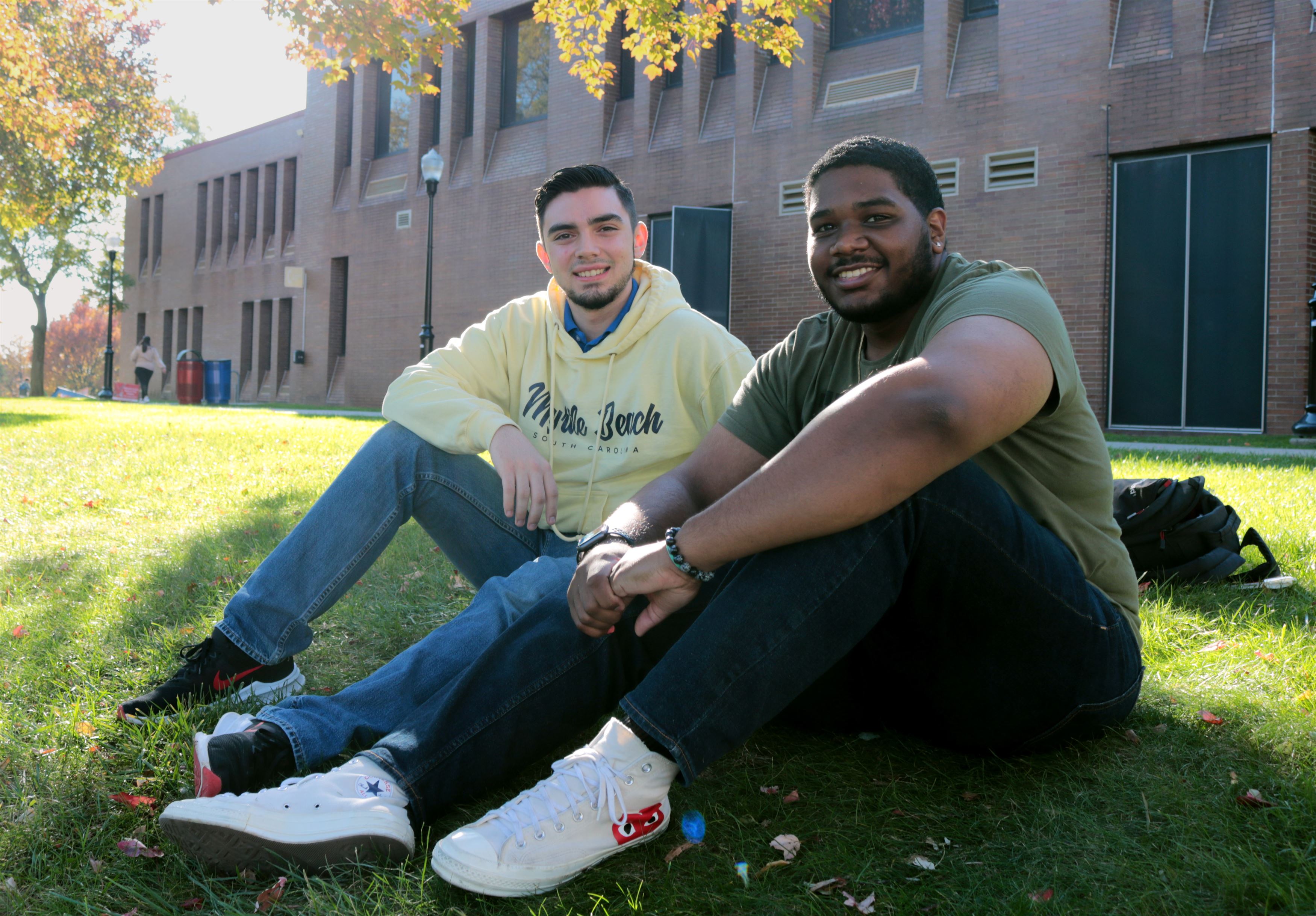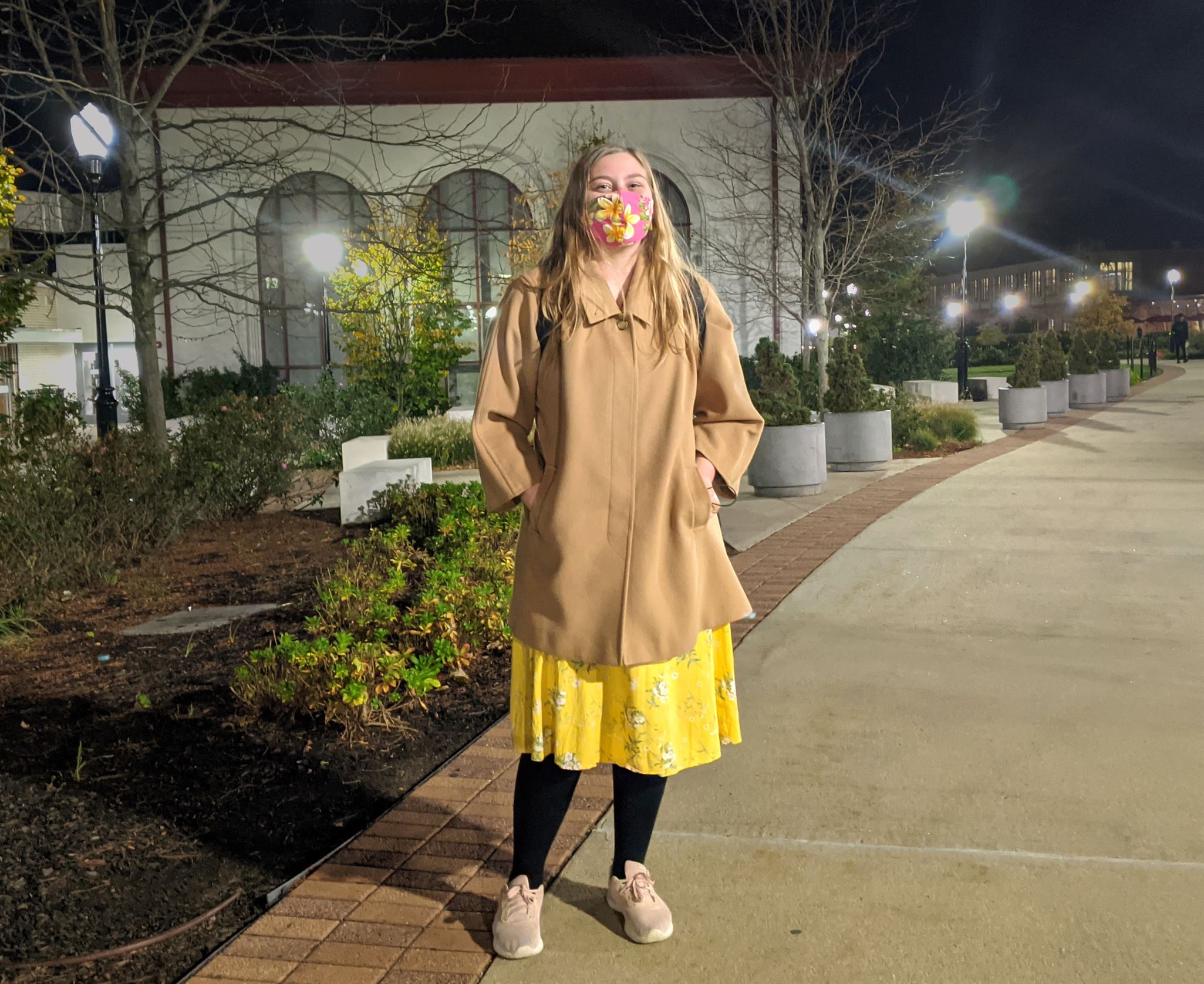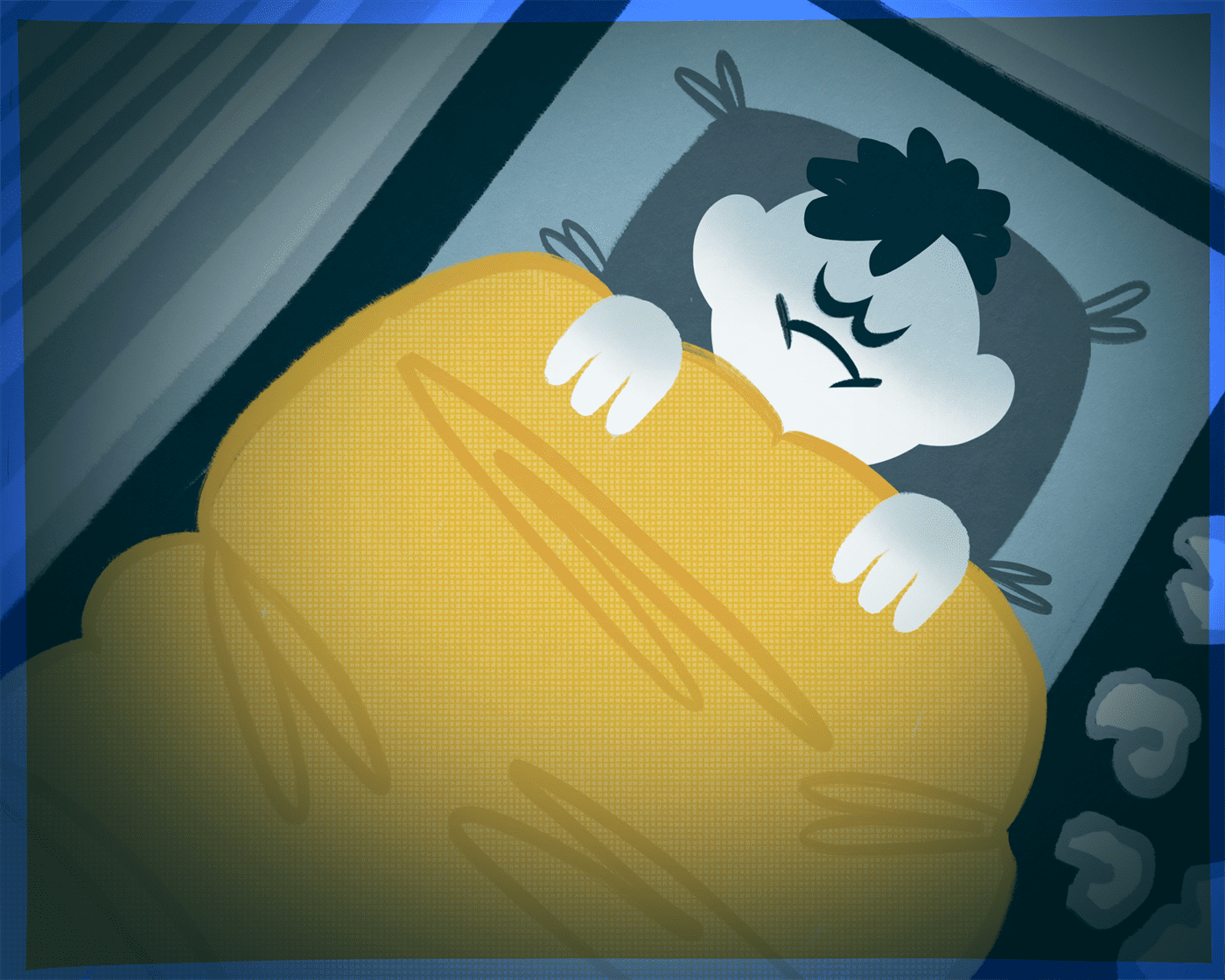As we are adjusting to daylight saving time, the sun feels further away and the couch feels closer. Engaging in activities requires a stronger will and the idea of being back in bed sounds more tempting.
This ‘nope’ feeling is called Seasonal Affective Disorder (SAD), a type of depression that takes place with the change of the seasons.
Not to worry, as this isn’t uncommon. According to the Mayo Clinic Health System, up to 10% of primary care patients will report SAD symptoms to their doctors. experiencing lower energy and marked changes in their moods and behaviors from the beginning of fall throughout the beginning of spring.
Though some people might know this condition as the “winter blues,” SAD isn’t exclusively a condition that occurs in cold weather, Mayo Clinic warns. Productivity, appetite and even social life can be affected for some people with the arrival of warm weather and long days.
The causes of SAD aren’t quite clear yet. A study from The Jackson Laboratories suggests that irregular levels of serotonin and melatonin may affect the adaptation during seasonal changes. Another study published in PubMed Central links sunlight exposure directly to people’s mood. Nutrition studies are also being done on this matter.
What is known for sure is that symptoms vary depending on the individual. Symptoms may be mild, meaning wanting to spend more time in bed, or could also be intense, which in that case could require professional guidance. The key is to pay close attention to our seasonal routines in order to recognize if there are red flags in our behaviors. The most common signs of SAD are:
- Change in eating patterns
- Social isolation
- Irritability
- Loss of interest in usual activities
- Difficulty to stay focused
- Feelings of hopelessness
The start of shorter, grayer and colder days is already taking a toll on some of Montclair State University’s students.

Mirit Fournier (left) enjoys time in the sunlight to keep her spirits up during the winter.
Photo courtesy of Monica Fernandez-Prato
Mirit Fournier, a junior linguistics major, notes that she’s seen a drop in her productivity.
“I’ve noticed my motivation is usually less when it’s darker out because I usually do my homework outside,” Fournier said. “When the sun goes away at 4 [p.m.] or 5 [p.m]., it’s hard for me to want to do my homework.”

John Josephsen (left) thinks the best way to stay strong during the cold days ahead is to make (and avoid canceling) plans with friends or family.
Photo courtesy of Monica Fernandez-Prato
For John Josephsen, a junior computer science major, many activities are less tempting during this time of year.
“[It’s] getting dark a lot earlier [and] it makes it a lot harder to have the ambition to want to go out,” Josephsen said. “It feels so late, even though it’s not actually. It’s that feeling of darkness that [makes you think], ‘Oh, OK, it’s late. I shouldn’t go out,’ — that kind of thing.”

Naomi Lemieux, who was raised in Hawaii, has been calling her family and listening to calming music to adapt to the changing seasons.
Photo courtesy of Monica Fernandez-Prato
Naomi Lemieux, a junior exchange student majoring in animation illustration, feels more nervous now that the days are shorter.
“The most jarring thing is that it’s dark at 5:30 p.m.,” Lemieux said. “That makes going out late more anxiety-inducing because, for me, I like to get [back] home at sunset because it’s safer.”
There are ways to cope with SAD, according to Medical News Today. Maintaining a balance between well-deserved time to rest and time to practice active self-love can improve the situation. Keeping the feel-good brain chemicals flowing by staying active and indulging in holiday sweet treats is another way. Planning out nutritious meals for the week is another great idea as well as getting outside to see loved ones to maintain a healthy social life and social support.
Without a doubt, the best treatment is prevention, says psychology professor and clinical specialist, Dr. Barbara A. Prempeh.
“Therapy is something you can [do] at any point in your life; you don’t have to wait to have certain symptoms,” Prempeh said. “We have to get comfortable with the idea of therapy because sometimes we may not recognize the maladaptive behaviors we’re engaging in”.
Prempeh explains that having a support system before there’s a crisis is a sign of strength and good health. She urges those who need help to reach out.
“If you’re a student of Montclair State University, please utilize [counseling] services,” Prempeh said. “It’s at your fingertips,”
Counseling and Psychological Services (CAPS) is available at Montclair State. This program assists and supports faculty and staff to promote wellness and positive experiences on campus.
It’s important to note that SAD can lead to distorted and depressive thoughts, which can get progressively worse and turn into suicidal behaviors. Professional help is strongly advised and shouldn’t be skipped.
Professional help combined with the helpful tips outlined can help you get through SAD, so you can enjoy the holiday season and winter months safely.



